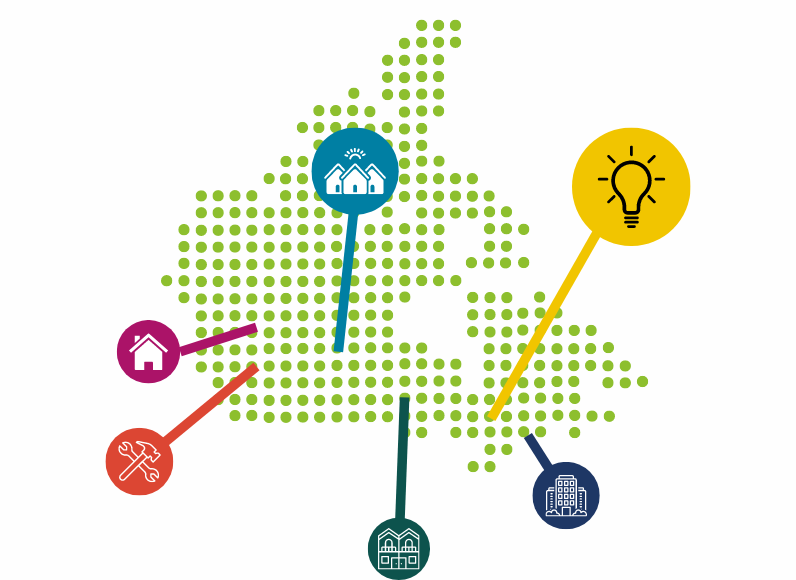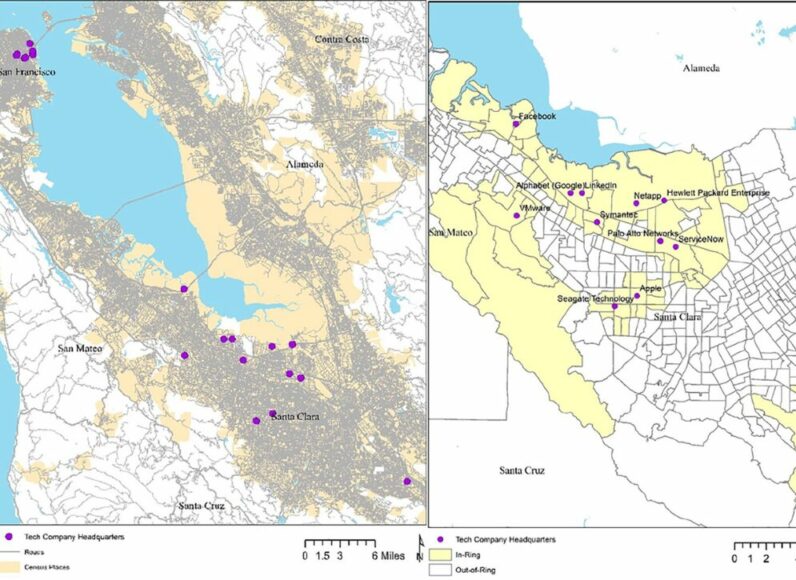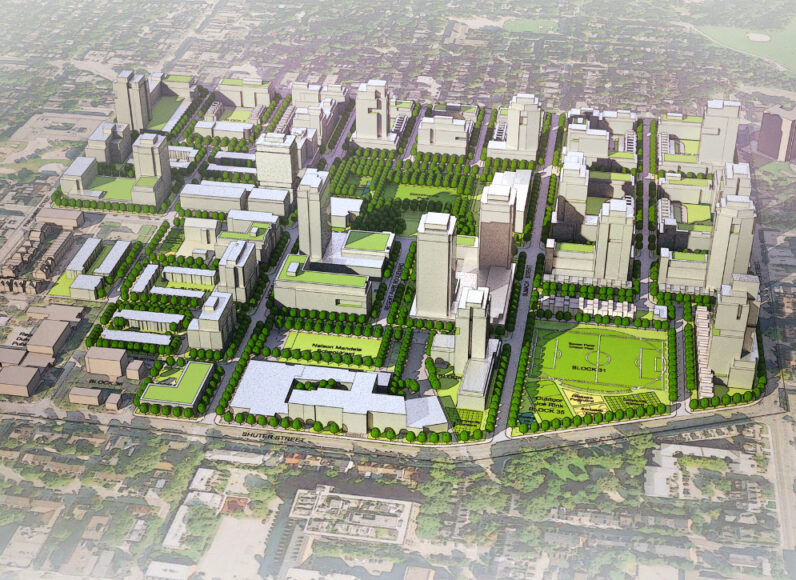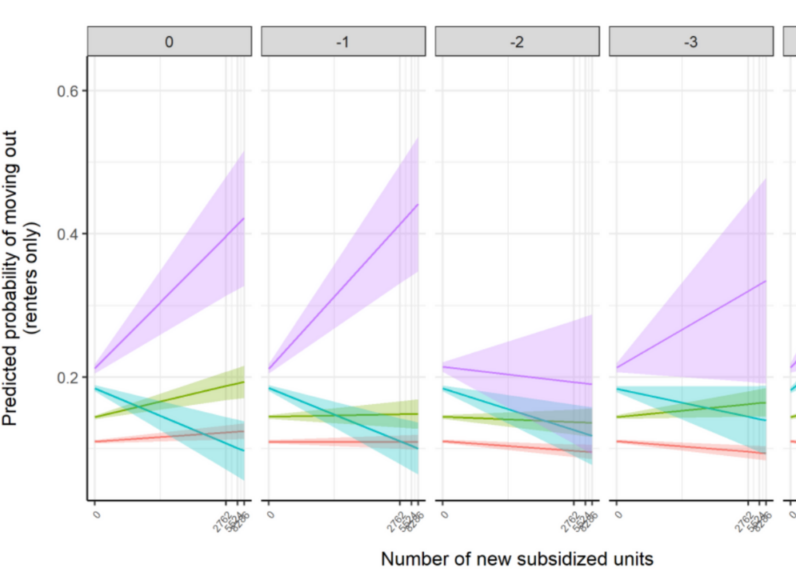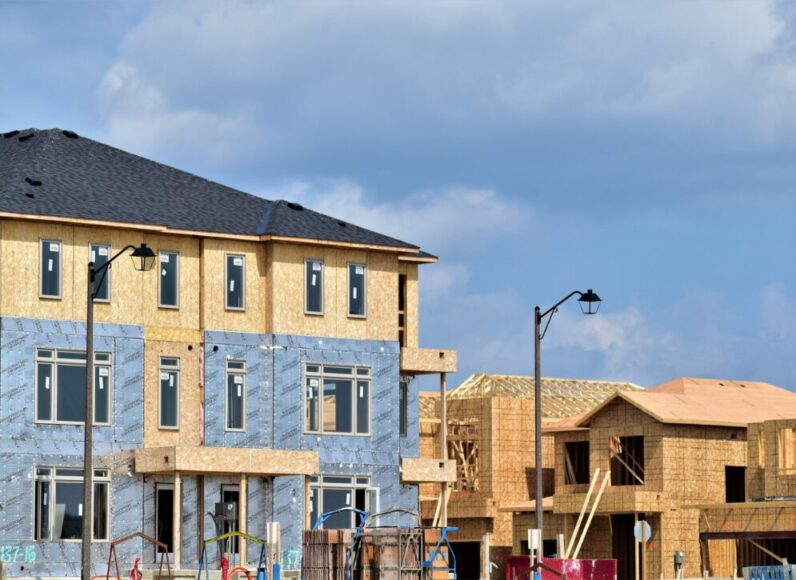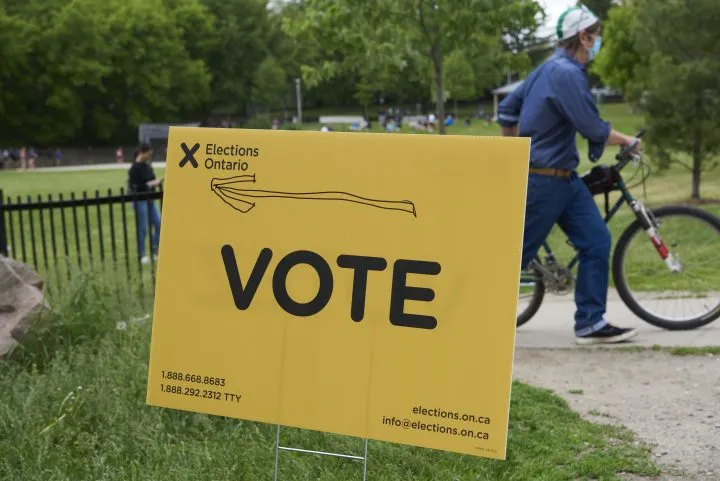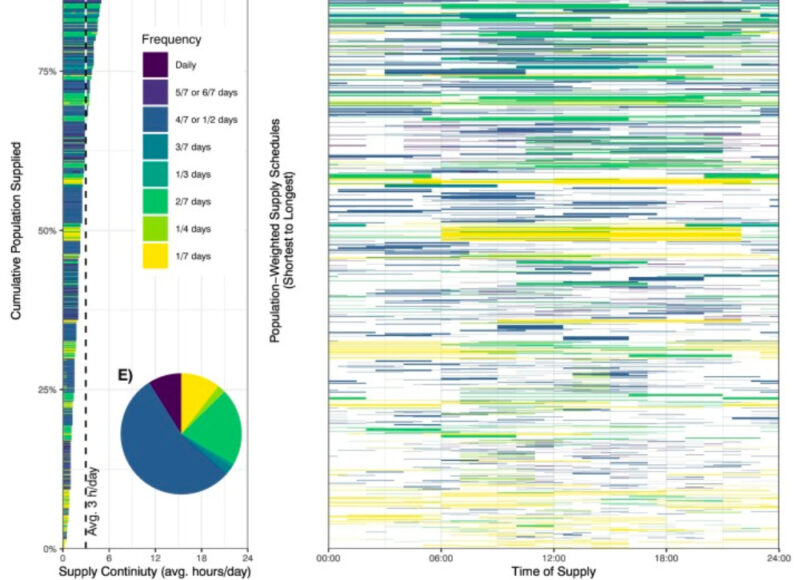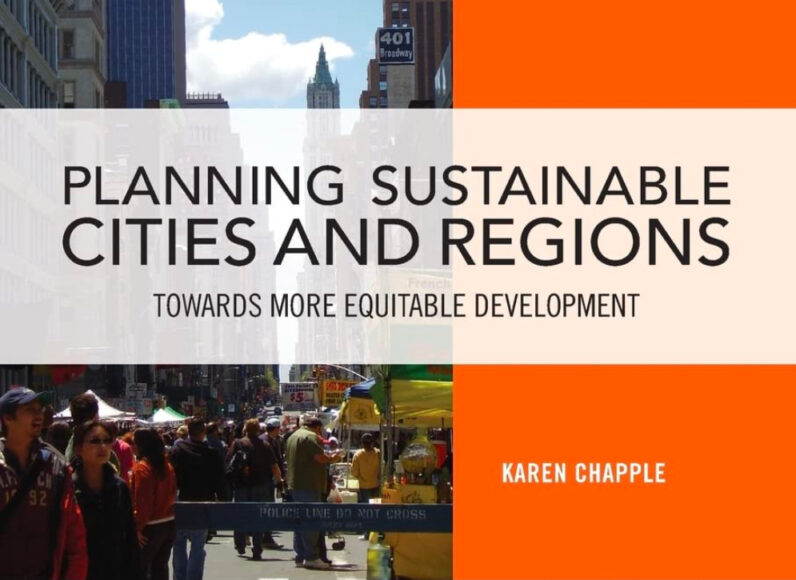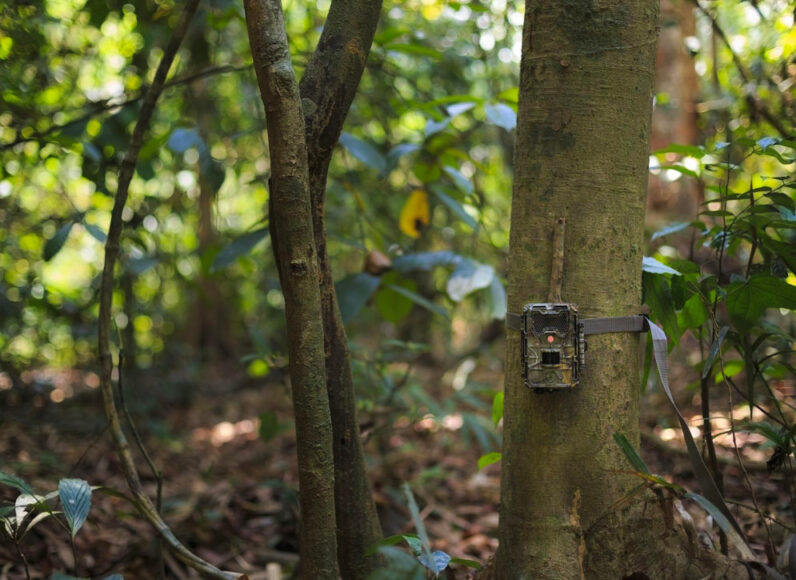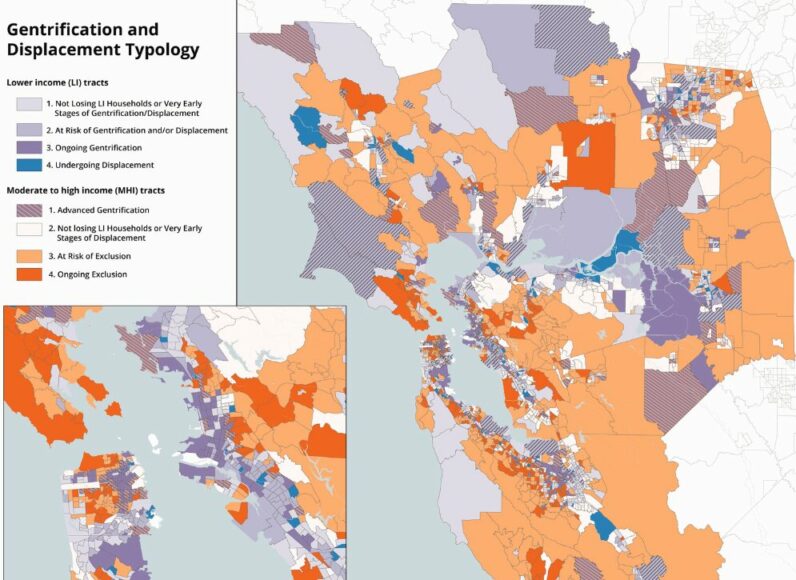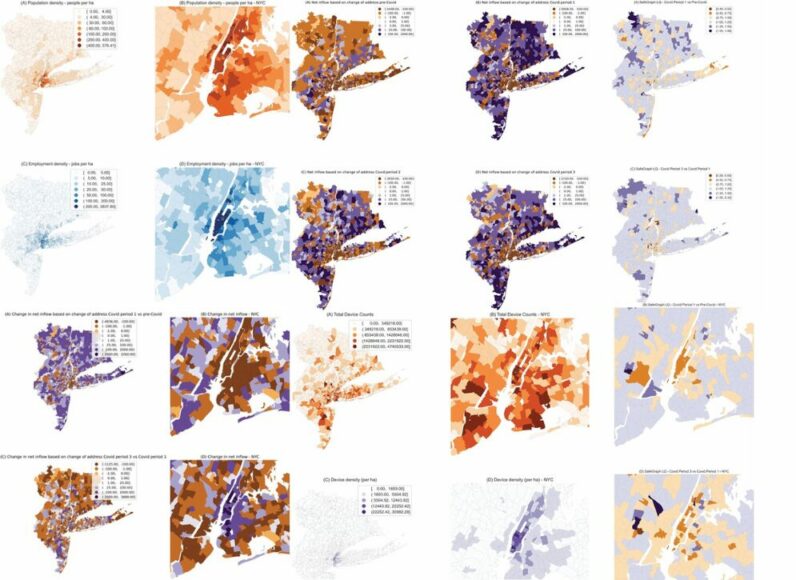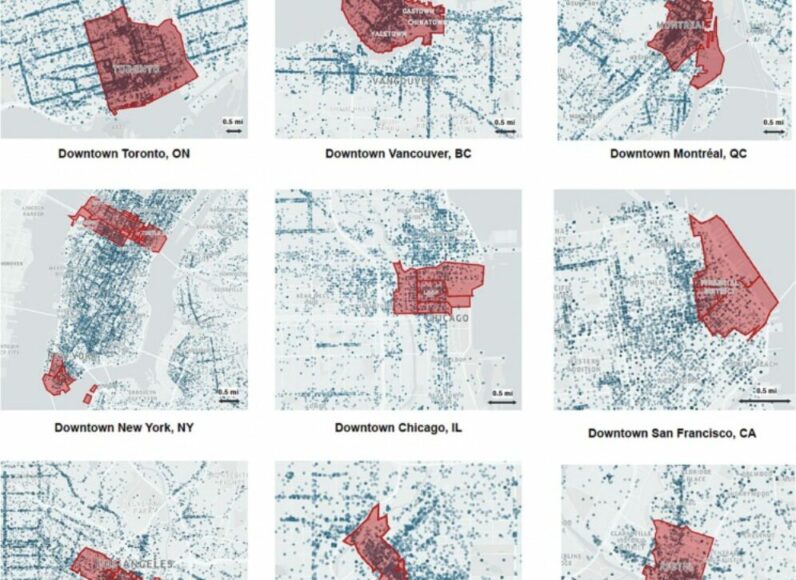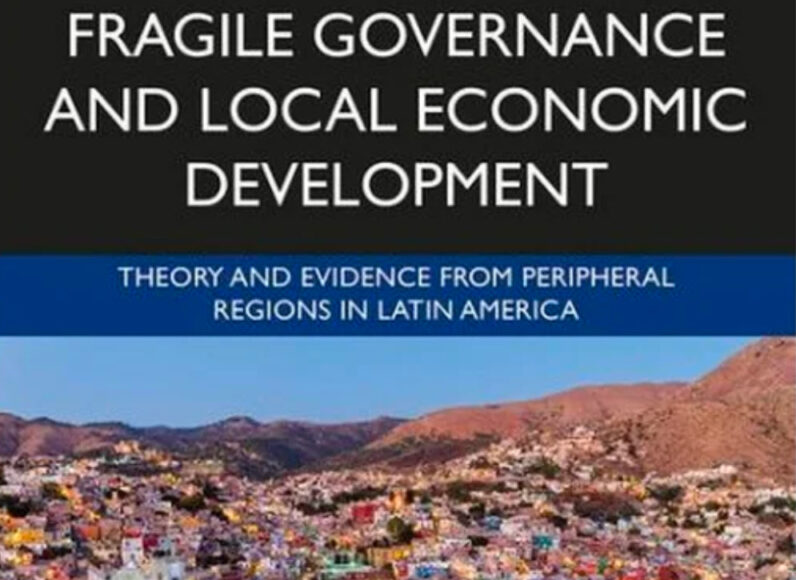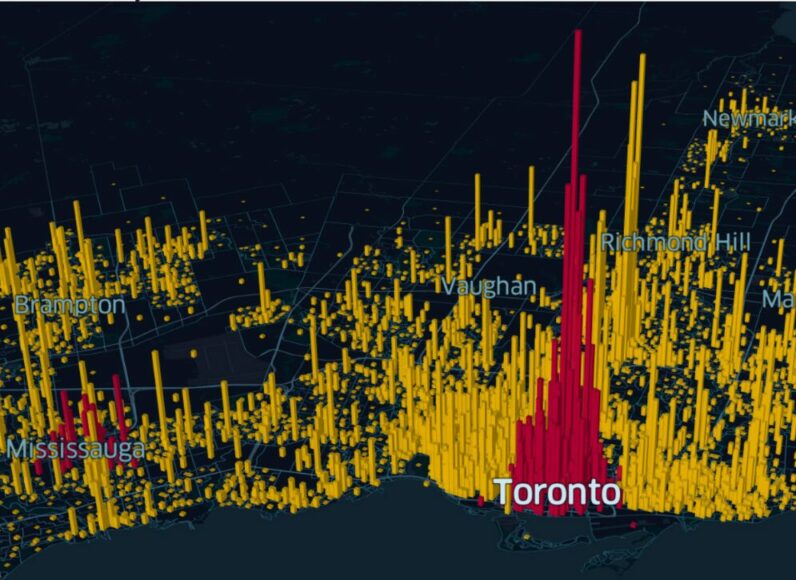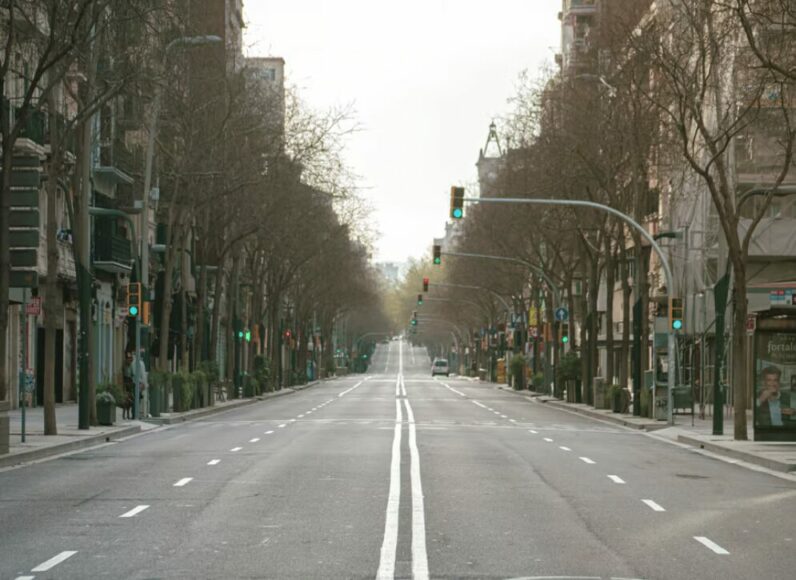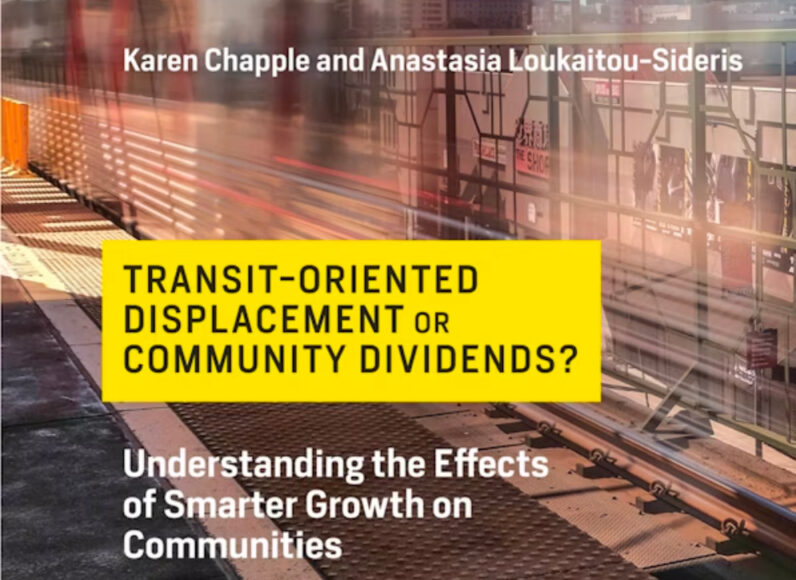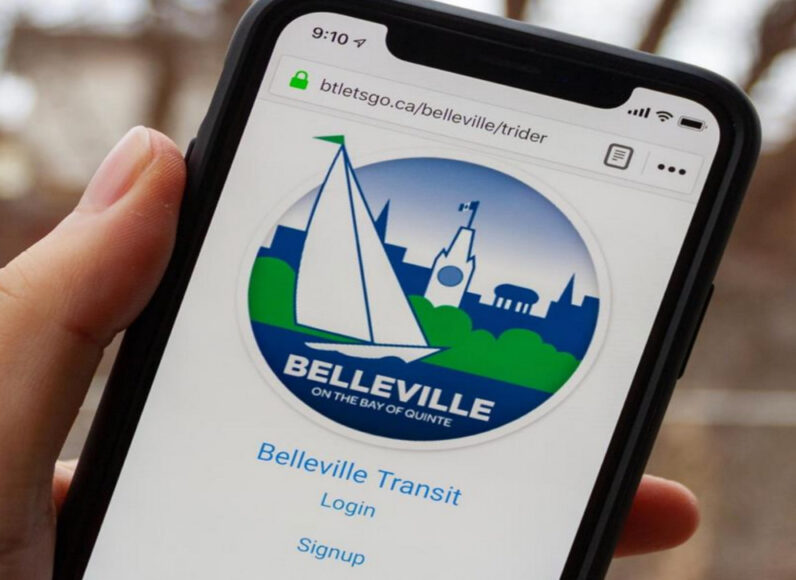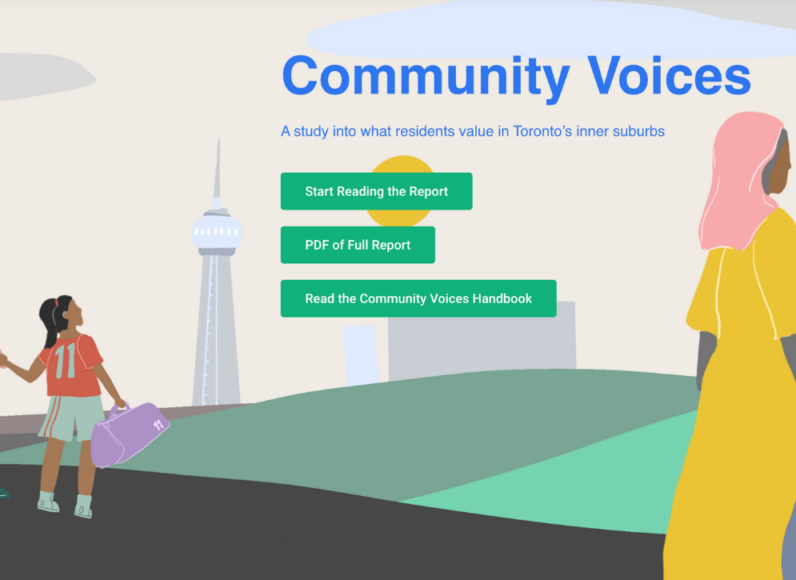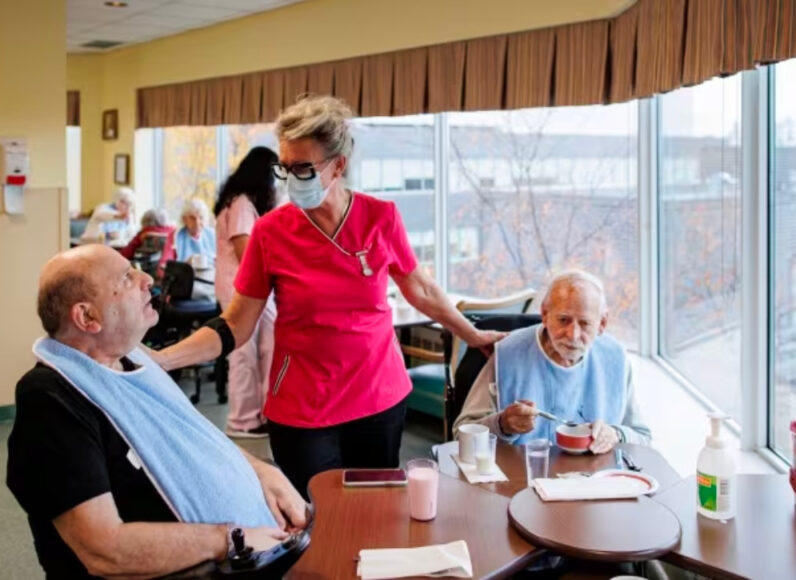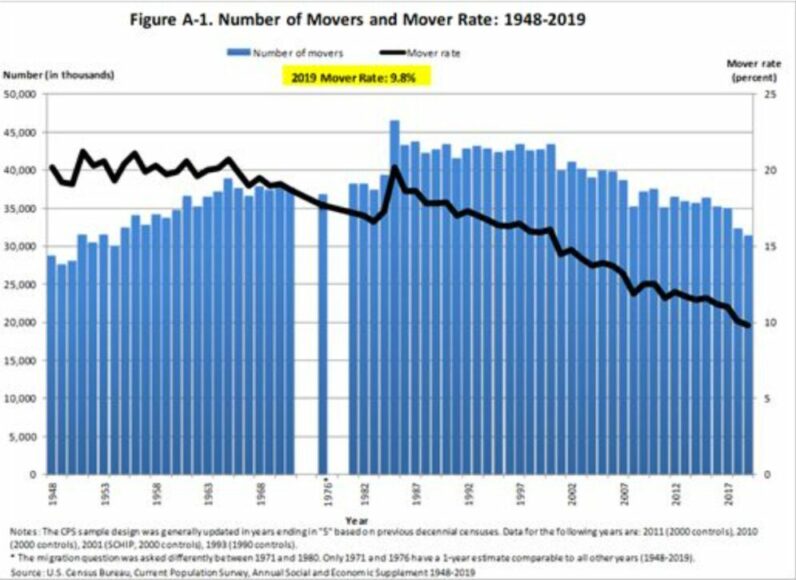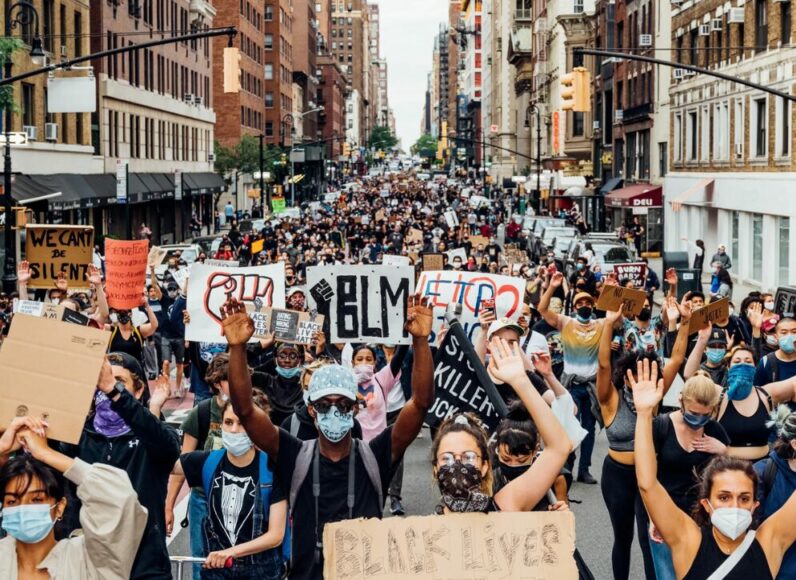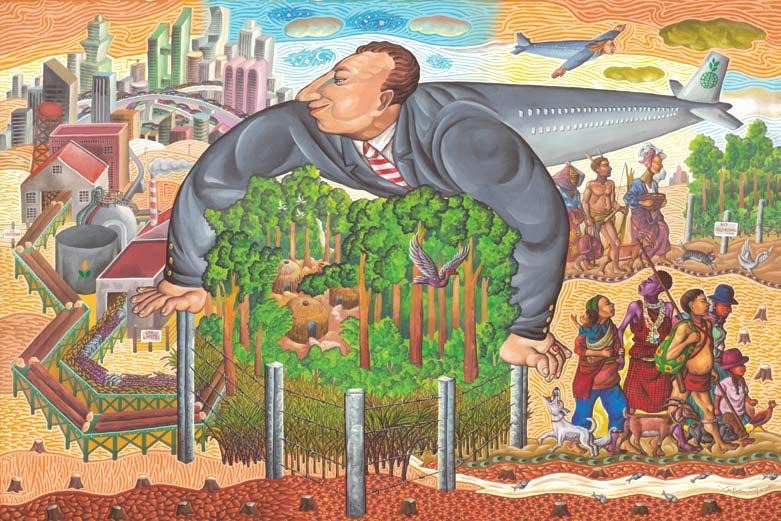Faculty and researchers associated with the School of Cities regularly publish research on all aspects of urban-related issues, growing the knowledge base and advancing debates on questions of sustainability, equity, growth, and health of cities worldwide.
Housing Learn more
Targeting the Right Housing Supply in Canada
The following set of Housing Supply Mix Strategy briefs are based on research conducted by School of Cities and City Building TMU to inform the Task Force for Housing and Climate regarding Canada’s housing needs.
White Paper on Anti-Displacement Strategy Effectiveness
Professors Karen Chapple and Anastasia Loukaitou-Sideris discuss California’s efforts to address displacement amidst climate and housing crises, emphasizing the need for effective anti-displacement strategies.
Big Tech on the Block: Examining the Impact of Tech Campuses on Local Housing Markets in the San Francisco Bay Area
Professors Karen Chapple and Jae Sik Jeon examine the relationship between the big tech corporate campuses and Silicon Valley/San Francisco housing markets. They find that housing prices increase overall by an additional 7.1% in the immediate vicinity of the tech campus 2 years after arrival, with wide variation across campuses.
ADUs for All: Breaking Down Barriers to Racial and Economic Equity in Accessory Dwelling Unit Construction
The report investigates the impediments faced by low- and moderate-income BIPOC (Black, Indigenous, and People of Color) households in California in constructing Accessory Dwelling Units (ADUs).
Rebuilding Public Housing in Regent Park: The Shifting Dynamics of Financialized Redevelopment Models
Professor Shauna Brail and journalist John Lorinc examine the transformation of Toronto’s Regent Park from a community comprised exclusively of public housing to a mixed income neighbourhood.
Housing Market Interventions and Residential Mobility in the San Francisco Bay Area
The report examines governmental policies and programs aimed at ensuring housing access for residents across income levels in the San Francisco Bay Area.
Who Benefits from Tenant Protections? The Effects of Rent Stabilization and Just Cause for Evictions on Residential Mobility in the Bay Area
This study investigates the impact of tenant protection policies on residential mobility and neighbourhood attainment by socioeconomic status (SES) in the San Francisco Bay Area.
The Role of Local Housing Policies in Preventing Displacement: A Literature Review
After examining 12 housing policies, this article concludes that stabilization strategies have the most direct and immediate effect on mitigating direct displacement, while housing production and preservation strategies can decrease indirect and/or exclusionary displacement.
Housing affordability, market interventions, and policy platforms in the 2022 Ontario provincial election
This paper focuses on the 2022 Ontario provincial election to uncover how Canadian political parties frame housing insecurity and their policy platforms.
Infrastructure Learn more
Parks in Action: Towers, Hubs and Opens Space Transformations
The “Parks in Action” exhibition and website highlight the role of parks, open spaces, and the public realm in fostering climate action in Toronto’s inner suburbs.
Learning from intermittent water supply schedules: Visualizing equality, equity, and hydraulic capacity in Bengaluru and Delhi, India
Meyer et al. (2023) propose four methods to visually harness insights from intermittent supply schedules in two of the world’s most complicated intermittent systems.
Climate & Environment Learn more
Planning Sustainable Cities and Regions: Towards More Equitable Development
Professor Karen Chapple examines the forefront of global sustainability efforts, highlighting California’s groundbreaking approach to addressing climate change while emphasizing social equity.
Urban Data Learn more
Building urban predator-prey networks using camera traps
Gelmi-Candusso et al. (2023) examine the utility of camera traps as a practical and cost-effective tool for collecting data on species interactions
Monitoring streets through tweets: Using user-generated geographic information to predict gentrification and displacement
This article explores how data on urban activity patterns, specifically, geotagged tweets, improve the understanding of one type of neighbourhood change—gentrification—by identifying dynamic connections between neighbourhoods and across scales.
Pandemic polycentricity? Mobility and migration patterns across New York over the course of the Covid-19 pandemic
Using mobile phone data from SafeGraph, the authors track migration and daily mobility patterns throughout the New York metropolitan area between July 2019 and June 2021.
Can We Save the Downtown? Examining Pandemic Recovery and Polycentricity Trajectories Across 62 North American Cities
Using location-based services data from mobile phones, this paper shows that downtowns with high concentrations of professional services, information, and finance fields, high density, long commute times, and colder winter temperatures struggled to maintain both raw visitation numbers and overall visitation proportions between 2020 and 2022.
Economy Learn more
Fragile Governance and Local Economic Development: Theory and Evidence from Peripheral Regions in Latin America
Professors Sergio Montero and Karen Chapple propose an alternative way of looking at local economic development, based on the idea of fragile governance
The Death of Downtown? Pandemic Recovery Trajectories across 62 North American Cities
To assess downtown vitality, this research utilizes mobile phone data to analyze activity levels in 62 downtown areas compared to pre-pandemic times. Results show varying degrees of recovery, with factors such as shorter commute times and the presence of certain economic sectors positively influencing recovery rates.
Can we “Claim” the Workforce? A Labor-Focused Agenda for Economic Development in the Face of an Uncertain Future
The COVID-19 pandemic has accelerated three key trends in economic development theory and practice: a backlash against economic restructuring and inequality, the resurgence of small and midsized cities driven by remote work, and increased uncertainty necessitating a focus on workforce development.
Mobility Learn more
Transit-Oriented Displacement or Community Dividends? Understanding the Effects of Smarter Growth on Communities
Karen Chapple and Anastasia Loukaitou-Sideris explore the complex dynamics accompanying the development of transit systems and the shift toward more compact cities
The Benefits of On-Demand Transit in Belleville: Findings from a User Survey
An independent research team from the University of Toronto examined the City of Belleville’s innovative on-demand transit (ODT) pilot program.
Culture and Community-Building Learn more
Community Voices: A study into what residents value in Toronto’s inner suburbs
Community Voices delves into Toronto’s socio-economic divide, spotlighting disparities between the city’s affluent core and its inner suburbs.
Reimagining Music Venues: Toward New Models of Conservation and Innovation for Ontario’s Live Music Spaces
This innovative report underscores the importance of fostering an adaptable and resilient live music ecosystem in Ontario.
Health Learn more
Systematically omitting indoor air quality: sub-standard guidance for shelters, group homes and long-term care in Ontario during the COVID-19 pandemic
Katz et al. (2023) examine Public Health Ontario’s (PHO) response to the increasing evidence of airborne transmission of SARS-CoV-2 in congregate settings during the COVID-19 pandemic.
COVID-19 and the Future of Urban Life
This white paper focuses on several core themes that have evolved over the course of the pandemic and have behaved differently across geographies: (1) urban economics and equity (2) social and economic power dynamics, and (3) strategies to preserve urban social and economic systems.
Indigenous, Race & Ethnic Studies Learn more
Black Lives Matter and the spatial imaginaries of urban political resistance
Professor Prentiss Dantzler engages Black Lives Matter (BLM) and their policy efforts to think about the ways in which Black people create imaginaries about their own urban futures.
Introduction: What Does Racial Capitalism Have to Do With Cities and Communities?
In this introduction, the authors outline urban scholars’ historical explanations of racial inequality and provide an overview of the development and definition(s) of racial capitalism. The authors then summarize the papers included in this special issue and discuss a pathway forward for urban sociology.



